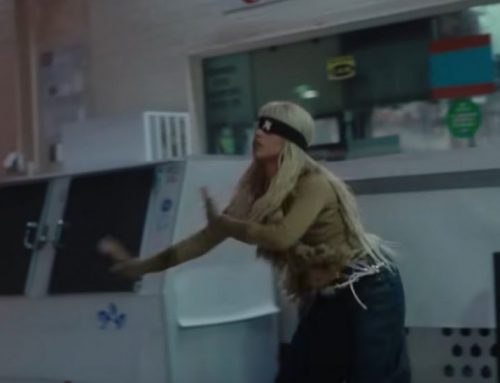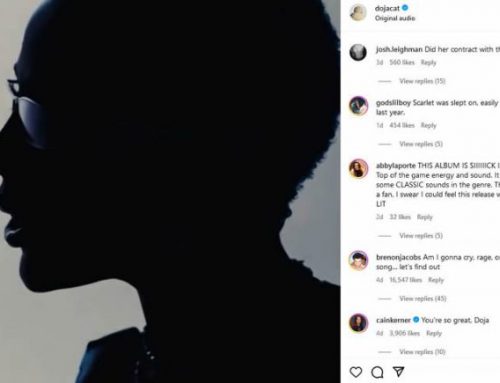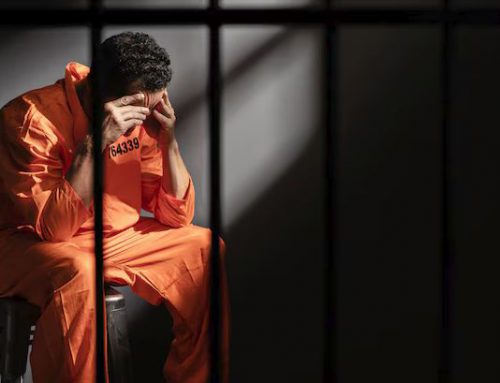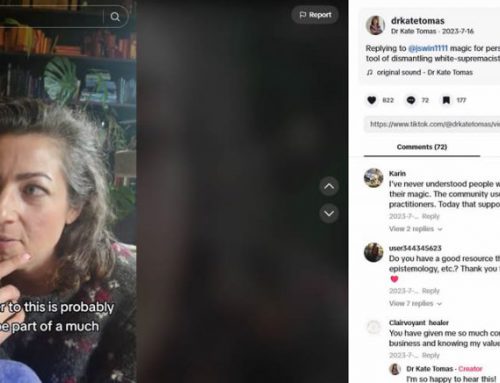This longtime music magazine could do a lot more vetting before kneepadding for this once prominent indie film producer who seemingly destroyed his kingdom last year.
He’s creeping into making a comeback and they gave him a puff piece and are doing the bare minimum to acknowledge he enables se.xual predators, including a child predator.
Wonder if his new benefactor paid for it?
Spin
Dallas Sonnier
American film producer, publisher, and entrepreneur. He is best known as the founder of Cinestate and, from 2018 to 2020, the publisher of Fangoria magazine
Cinestate’s #MeToo Scandal and the Upheaval of the Dallas Film Scene
I met Dallas Sonnier in 2016, about a year after he’d returned to his hometown of Dallas from Los Angeles. I knew I had to write about him. Sonnier was a rare species on the city’s cultural landscape: an established film producer with a legit IMDb page listing mostly direct-to-video action flicks starring notables like Stone Cold Steve Austin, nine of whose movies he produced in four years. He said he wanted to make movies here. And he had a backstory fit for its own screenplay. Before Sonnier turned 32, both his parents had been murdered in separate, bizarre incidents. Now, at 36, he arrived like a hero from one of his action films, weary and battle tested, ready to take what he’d learned in Hollywood and use it to revive a Dallas film scene that had been struggling for years.
Since I profiled him, Sonnier’s movie studio, Cinestate, has essentially become the Dallas film scene. It has been years since Texas has offered meaningful tax incentives to films. The fly-in Hollywood productions that once gave life (and jobs) to a Texas film community in the 1980s and ’90s had moved on to New Mexico, Louisiana, and Georgia. But Sonnier had a business model to make Dallas work. In five years, his company shot seven films in North Texas. He kept tiny budgets tight, hired local talent, and churned out grindhouse fare with cult buzz.
Cinestate’s films—Brawl in Cell Block 99, starring Vince Vaughn; Dragged Across Concrete, with Mel Gibson; Rebecca Romijn’s Satanic Panic—are not my type, but I was happy to hear that Dallas crews were getting work. And in 2018, Sonnier revived the beloved horror film magazine Fangoria, leveraging the brand to further solidify Cinestate as a player in the world of low-budget genre filmmaking. Sonnier seemed to delight in playing a defiant, populist role in the motion picture industry. “We’re in Dallas. We don’t have to play by the rules of New York or L.A.,” he told me in 2016.
Then, earlier this year, a real kind of horror story emerged about Sonnier’s movie studio. It began in March, when a woman posted on Facebook that she had been raped four years ago by Adam Donaghey, a now 39-year-old local producer, when she was 16. Donaghey and the woman worked on the set of Dallas filmmaker David Lowery’s acclaimed film A Ghost Story. Donaghey was a known entity around Dallas. He helped produce some of Lowery’s earliest films, he worked on the renovation of the Texas Theatre, and he co-founded the Oak Cliff Film Festival. His IMDb credits show a lot of Lifetime-style movies, but he worked on every Cinestate film shot in Dallas since 2017. Although he was hired on a project basis, Donaghey was an acknowledged member of Cinestate’s core production team, which also included Sonnier and Amanda Presmyk, a 28-year-old producer who had quickly risen to become Sonnier’s right hand at the company.
Donaghey’s subsequent arrest on a charge of sexual assault of a child exposed an open secret in the Dallas film community. Sonnier and others had for years downplayed Donaghey’s behavior. There was an audio recording of Donaghey attempting to solicit sexual favors from a crew member of a film he worked on in 2014; the recording had circulated in the local film community. And in 2017, the Texas Theatre quietly cut all ties with Donaghey after having previously barred him from the theater for having drunken altercations with women there.
After Donaghey’s arrest, further allegations against Cinestate surfaced on social media and in the press. There were stories about sexual misconduct on multiple productions—a female star having to perform sex scenes with a friend of one of the movie’s producers who was subbed into the shoot at the last minute, a male star harassing women in the makeup trailer, an extra being groped on set. And there were allegations of dangerous conditions on Cinestate’s shoots, the most serious of which involved the production of VFW in 2019, when extras claimed they were beaten and bloodied by star actors while shooting the film’s fight scenes. – Source
Read more on these Tags: Dallas Sonnier, Spin









